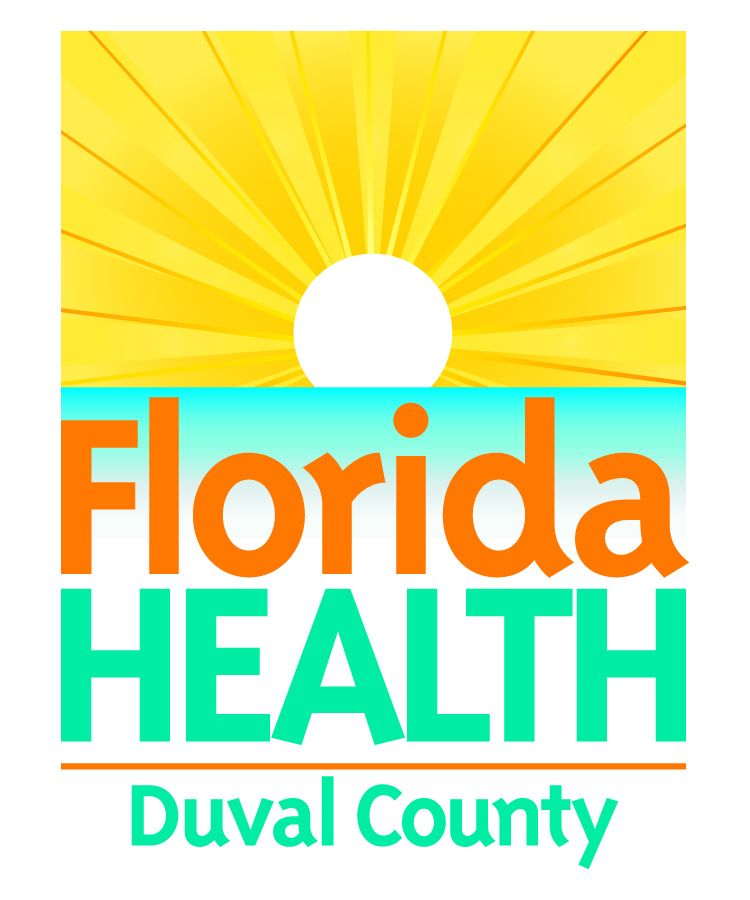LIVING WITH HIV
It may be overwhelming to learn that you have been newly-diagnosed with HIV, but you are not alone. Although there is no cure for HIV, millions of people that are living with HIV continue to live healthy lives. Evidence shows that those who start treatment early stay healthier longer.

- Starting Care
- Treatment
- Adherence
- Empowerment/Advocacy
Educating yourself about HIV will help you understand how to stay healthy and how to prevent HIV from adversely affecting your health. Start by finding an agency that provides HIV-related services in your area. It is important to find a doctor that specializes in HIV care that can give you expert advice on taking the necessary steps to live a healthy lifestyle. It is important that your doctor monitors your viral load and CD4 count.
- Viral Load- The amount of HIV in your blood
- CD4 Cell Count- Measure of your immune system
The lower your viral load, and the higher your CD4 Cell count, the better.
Different treatments and medications are recommended according to your viral load and CD4 count. Your doctor may prescribe antiretroviral treatment (ART) medicines which are powerful medicines that slow down the virus. HIV treatment is most successful when you:
- Take your medicine daily at the same time.
- Keep your appointments.
- Communicate honestly with your health care provider.
You must follow your medical regimen as advised by your doctor including adhering to your medicine and lifestyle changes. An undetectable viral load is the result you want from taking your HIV medication. Having an undetectable viral load means the amount of virus is so low that it cannot be measured by the blood test. This shows that your medicine is working and has the virus under control. The virus is still there when you have an undetectable viral load, so it is still important to take your medicine daily.
In addition to adherence to care, practicing safer sex is important for everyone and particularly for HIV-positive individuals.
- Practicing safer sex decreases the risk of being exposed to other STDs (secondary/opportunistic infections) such as herpes, human papillomavirus (HPV), syphilis, and even other strains of HIV.
- It is possible to be re-infected with a different strain of HIV, which in turn, may not respond to your current HIV medications.
- Continue to practice safer sex even if you and your partner are both infected with HIV.
You may want to speak to someone you trust such as your family, friends, or seek counseling services that can help you cope with living with HIV. You may also consider joining a local support group to talk about your experience and hear from others that are also living with HIV.
Do not be afraid to ask any questions you may have. Make sure you tell your doctor about any other health issues you have, and any drug side affects you have experienced. You may join local support groups, advocacy groups and community organizations to better empower yourself and your community.

